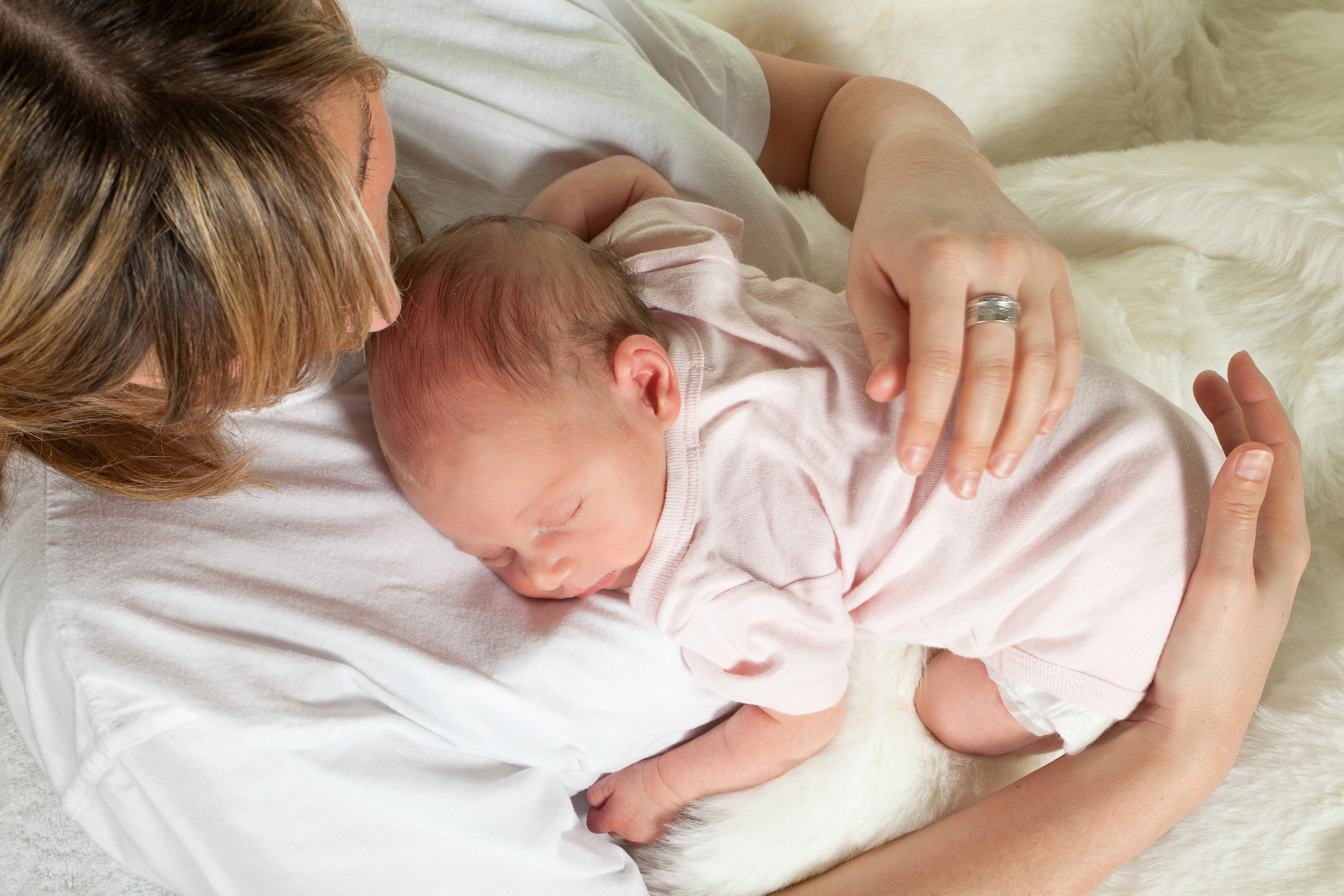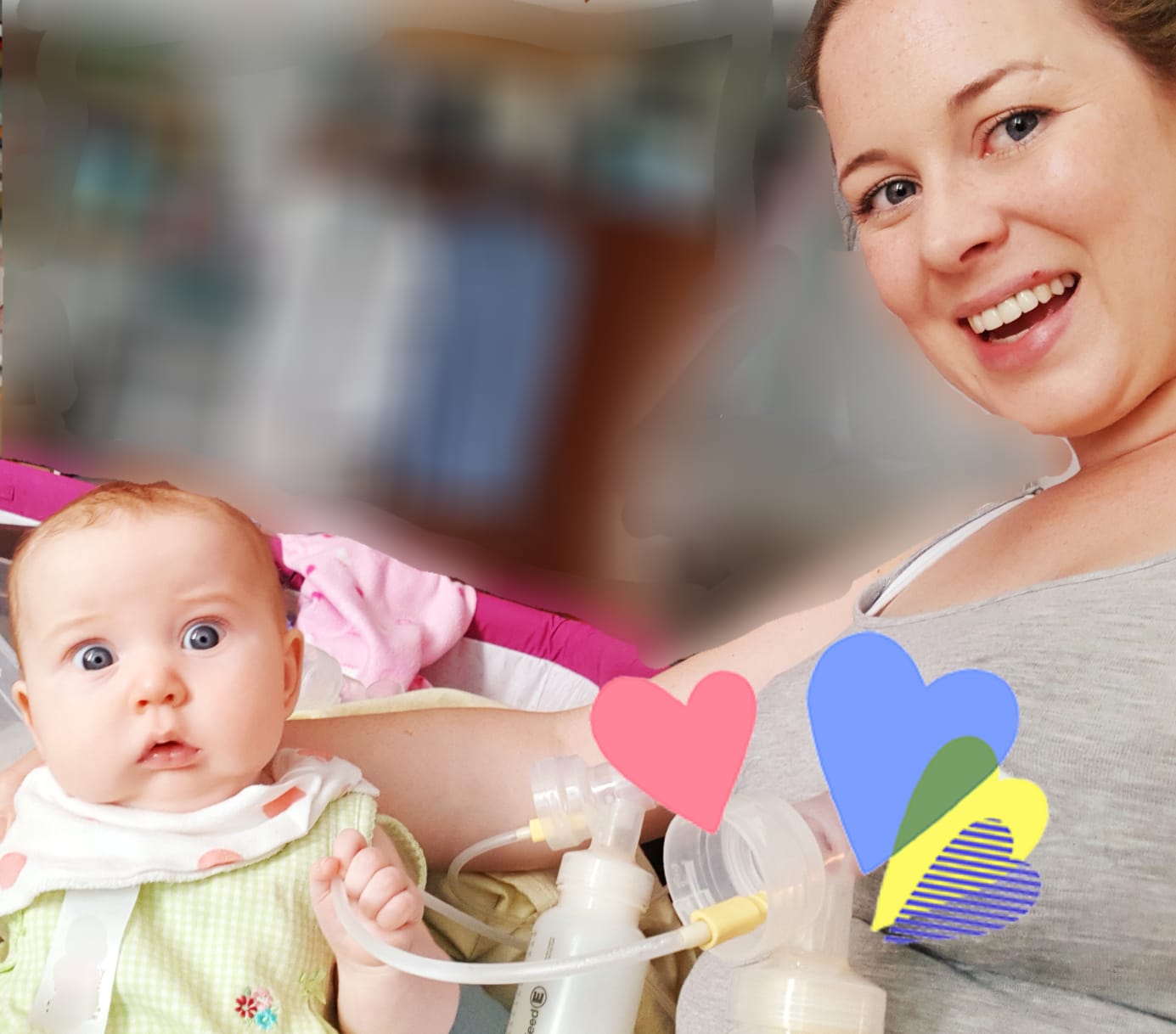Social Distancing when you have a new baby
/SOCIAL DISTANCING DURING THE POSTPARTUM PERIOD
If you have just had a new baby, HUGE congratulations to you and your partner / family! I’m sure you are relieved to finally have your baby in your arms. But what now? In these uncertain times and circumstances we all find ourselves in due to Covid19, we must now keep our distance from the usual people who help us navigate through the early days and weeks of motherhood, notably our own mothers, close relatives, friends and maybe even a Postpartum Doula.
Although it might all seem a very overwhelming and anxious time, being forced to slow down and stay at home could also be looked at as a favourable thing in the early days and weeks after giving birth. Hopefully, your partner or support person will be able to help out as much as possible with the household chores, perhaps caring for older children but also looking after you so that you can concentrate on recovering after pregnancy and birth and minding your new baby.
I know it’s not the same as in person but you can still reach out to family and friends by phone, Skype, FaceTime, etc and they can still help out by delivering meals or groceries to your front door.
If you are breastfeeding, the latest scientific information encourages mums to keep breastfeeding as it provides your baby with protection against many illnesses. https://www.breastfeeding.asn.au/bfinfo/covid-19?fbclid=IwAR09GhJRhdzdKQJ3KeJSXho2iZtVGYvzy6TSH5oE4vU5Sj7jdxs00PQcdCM
If you are struggling with breastfeeding or didn’t breastfeed during the first few days and would like to start now, contact a Lactation Consultant or a local breastfeeding support group, such as Cuidiu or La Leche League. They would be more than glad to help answer any of your breastfeeding questions or concerns.
Doulacare Ireland Postpartum Doulas offer online support (via video call) if you have any questions about such things as baby comfort measures, infant feeding, postnatal recovery or would like to debrief after labour and birth. DoulaCare Ireland have over 40 doulas to support you so please get in touch if you need to.
Please reach out for help if you are feeling very anxious or low. Organisations such as Nurture Health specialise in pregnancy and postpartum mental health and will do phone counselling support. Depending on your policy, some health insurance companies will cover a number of sessions so make sure to check your policy beforehand. Also if you have the GentleBirth app, there are some postnatal tracks which some mums finds really helpful if they are not feeling well.
There are some good tips in our Fourth Trimester blog also https://www.doulacare.ie/blog/2018/7/25/what-is-the-fourth-trimester
There is also lots of online support available so try to avail of as much of that as possible too:
DoulaCare Ireland: https://www.doulacare.ie/
Breastfeeding Supports:
Association of Lactation Consultants Ireland http://www.alcireland.ie/find-a-consultant/
Cuidiu, Irish Childbirth Trust http://www.cuidiu-ict.ie/supports_breastfeeding_counsellors
Le Leche League Ireland https://www.lalecheleagueireland.com/groups/
Friends of Breastfeeding http://www.friendsofbreastfeeding.ie/wp/support-2/
National HSE Breastfeeding support https://www2.hse.ie/babies-and-toddlers/breastfeeding/
Postpartum mental health care: https://nurturehealth.ie/
Remember to keep adhering to HSE guidelines regarding protecting yourself and your family https://www2.hse.ie/conditions/coronavirus/protect-yourself.html, try to get outside for some fresh air during the day, get as much rest as possible and lots of skin to skin contact with your baby will help you bond and keep baby feeling safe and secure in these worrying times. Hopefully over the next few weeks things will get back to some normality and we will all stay safe and well in the meantime. Best wishes to you and your families from all at DoulaCare Ireland
With thanks to one of our doulas Maura for writing this blog. You can read all about the support Maura offers on this link https://www.doulacare.ie/maura-oshea








